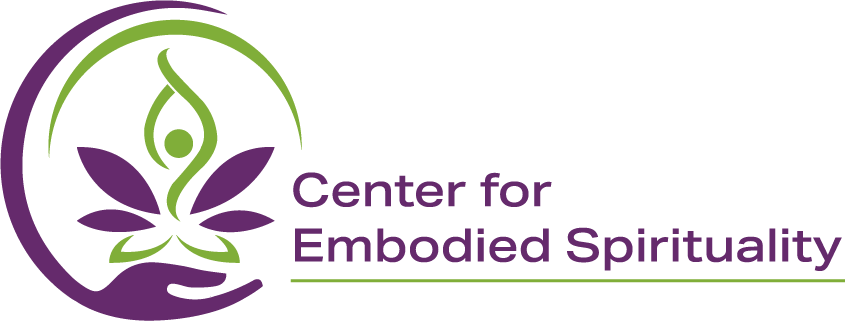Introduction to Psychotherapeutic Touch
See events page for upcoming trainings

Most of us clinicians have been trained that touching a client is a slippery slope to boundary violations and sexual abuse…as if we cannot trust our own loving hearts, our professionalism and our goodwill towards our clients. This psychotherapy industry anti-touch approach is not based on unbiased research, but on a reaction to our founding forefathers’ lack of boundaries, the cultural inability to separate loving, supportive touch from sexuality and fears of litigation. Making “ethical” decisions on these bases is unethical and is a disservice to our clients.

Other clinicians are using touch with clients, but have not had the fundamental training necessary to practice within ethical boundaries. As mental health workers, a fundamental ethical requirement is not to operate outside the scope of our training, and yet how do we do that when, until now, no such training exists? Psychotherapeutic Touch™ is a comprehensive training program and criteria standard for the ethical and skilled use of touch in therapy. It is both didactic and experiential, and requires that the clinician courageously explore their own history and relationship to touch, for how can we help our clients if we haven’t done our own work?
Psychotherapeutic Touch Training is particularly critical when working with clients in NonOrdinary States of Consciousness (NOSC), whether the client is in a regressed or dissociative state, the clinician is using a model that cultivates NOSC (such as Internal Family Systems or Authentic Movement) or when the clinician is offering Psychedelic-Assisted Therapy.
This four-hour zoom training provides an introduction to Psychotherapeutic Touch. While the training is clinical, it is led from a heart-centered and mindfulness approach. You will be enticed to engaged, explore concepts you hadn’t even considered, and challenged to think outside the box. By the end of this training you will:
- Cultivate Self-Awareness Practices for understanding the impact of your own touch history on your clients (IFS Integration)
- Be able to refute the Slippery Slope Argument
- Understand why every clinician needs training in Psychotherapeutic Touch
- Explore the many ethical considerations when using touch in therapy
- Understand Psychotherapeutic Touch™ in the context of distance therapy
- Know how to gracefully and skillfully discuss touch with clients emphasizing clarity and consent.
- Understand touch consent, particularly as it pertains to people in NonOrdinary States of Consciousness (including clinician consent).
- Understand the need for further training
- Know where to go to for further training and education.
- And if there’s time, there will be an opportunity for case consultation.
Investment:
$160 US, 40 participants maximum.
Commitment to Accessibility:
I recognize how systemic racism, meritocracy, capitalism, colonialism, patriarchy and white privilege have been an integral part of Western society and the field of psychotherapy. If you are a BIPOC or global majority identified person, or you are from another historically marginalized population, AND you are providing care to BIPOC or other historically marginalized populations AND have financial need, I offer 10% of these spots at a reduced price based upon financial need. If you feel this is you, please contact me directly.
To Register:
Online registration is coming soon. To register before that function is up and running, please contact me to be added to the attendee list.
Limitations:
This introductory course does not provide certification in or allow participants to state that they are trained in Psychotherapeutic Touch. If you would like to become certified, please see the Events page for upcoming trainings, or contact me about setting up a training in your area. Anyone who successfully completes the Introduction to Psychotherapeutic Touch course will receive $75 off the in-person Level 1 & 2 Certification Training .


